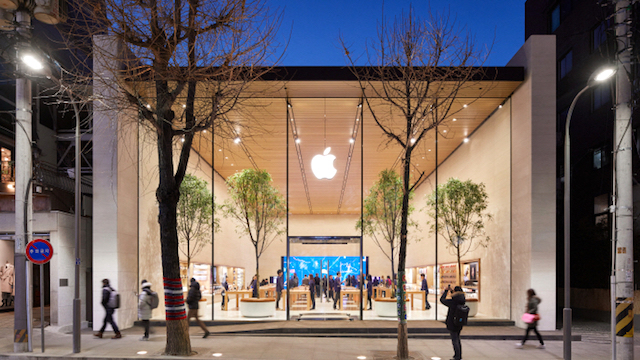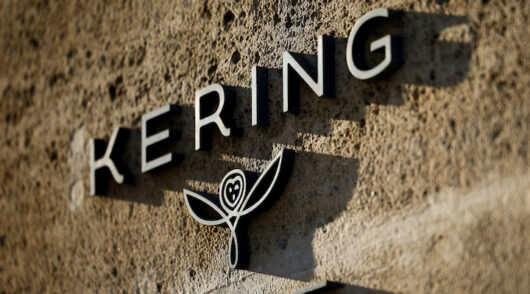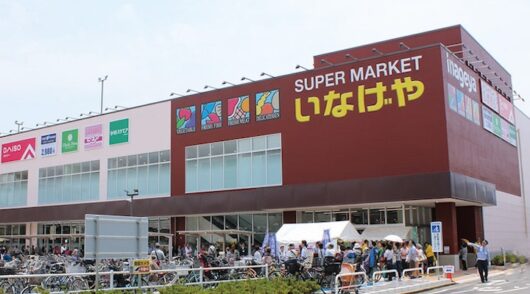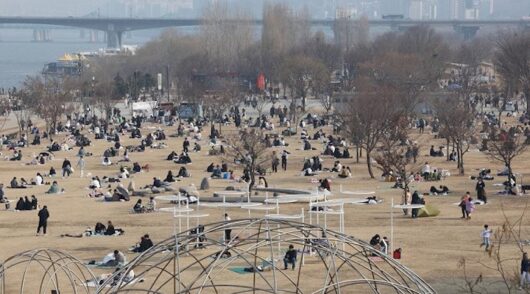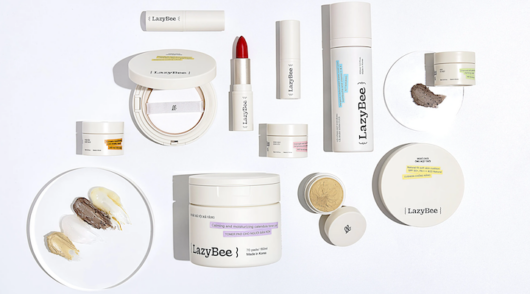After months of self isolation, South Koreans ventured back out onto the streets at the weekend.
The Apple store in downtown Seoul reopened to queues outside throughout the day, cafes were bustling with customers and parks “teemed with sunbathers” according to Bloomberg news reports.
While almost everyone was wearing masks, life otherwise appeared to return pretty much to normal – could that be a portent of what life after the virus will look like in other Asian cities, once the curve is flattened and governments relax strict conditions on people gathering for shopping or recreation?
Not just Asian governments, but the whole world is watching what happens in South Korea, one of the most successful countries in managing the coronavirus pandemic to date.
The country was at one point the hardest-hit region outside Mainland China in terms of infections and fatalities. But today, you have to scroll a long way down the list of total deaths by region on the John Hopkins University Coronavirus Resource Center database to find South Korea. Detecting its first case on the same day as the US, South Korea as of today has 236 deaths from 10,764 confirmed infections, a mortality rate of 2.19 per cent. The latest US data shows 759,569 infections – more than four times the number of any other region (although there are doubts about the accuracy of China’s data), a death toll of about 40,500, and a mortality rate of 5.3 per cent.
Unlike other countries, South Korea did not require all businesses to close and travel was restricted only in identified epicentres, such as a town in the south, where multiple infections resulted from a church service.
Last weekend, South Korean government officials urged citizens to stay at home in case the curve of infections began to rise again, with 18 reported nationwide on Friday. Another 8 were recorded on Saturday, the smallest daily tally since February.
But the government, newly re-elected in a landslide earlier in the week due to its management of the coronavirus pandemic, did not enforce remaining indoors. Those venturing out were told to wear masks and observe social-distancing procedures.
The Apple store – the only company-owned one in the country – is the tech retailer’s first outside Mainland China to reopen since the pandemic spread globally.
“South Korea has shown great progress during the spread of Covid-19,” the company said in a statement.
The store’s Genius Bar recommenced appointments, although customers were encouraged to continue shopping online. Trading hours were reduced from noon until 8pm on a temporary basis.
Apple has continued to support its retail staff financially during the shutdown and provided frequent company updates and an Employee Assistance Programme. Globally, Apple store employees have been given the option of working from home, providing customer support via AppleCare.
At the weekend, Apple customers were required to wear masks and stand two metres apart in queues. Temperatures were checked at the entrance.
With the first steps being taken to relax trading and movement in a developed economy, there will be intense scrutiny around the world on South Korea’s infection rate and whether social distancing measures are enough to ensure the curve does not take an undesirable upturn.
Despite the positive mood in Seoul on Saturday, however, concerns remain about the economic impact.
The manager of a cosmetics shop in Garosu-gil, near the Apple store, told a Bloomberg reporter that store footfall was only 10 per cent of that before the pandemic.
“It’s a psychological issue, I think. People are still wearing masks and mind talking face-to-face with strangers, so even those who visit our store leave quickly after buying what they need.”
Another retailer, Park Choon Kweon, was forced to close his clothing boutique during the pandemic and now helps manage his wife’s store. He said while it was obvious more people were on the streets, few were venturing into stores.
“We’re stuck in this coronavirus situation, not able to do anything to improve business,” he said.

